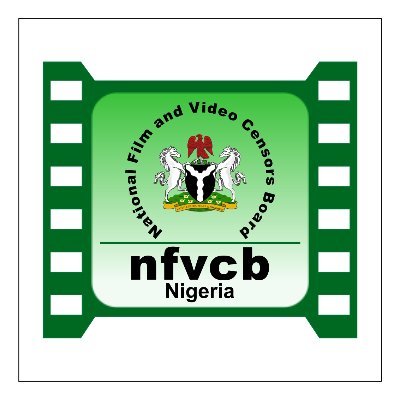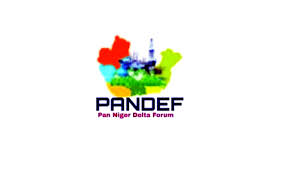The National Film and Video Censors Board (NFVCB) and its Executive Director, Alhaji Adedayo Thomas, have denied ever issuing any directive to all guilds and associations to each pay one hundred thousand naira (N100,000)as a one-off registration fee with the NFVCB and 2.5% annually as check-off fee to the NFVCB from the annual dues paid by each member to the irrespective associations and guilds.
The NFVCB however stated in its court document that it only collected N5,000 from each of the associations and guilds for the purpose of conducting same day search on each of the mat the Corporate Affairs Commission, CAC, even as it maintained that it has the statutory powers to “supervise, regulate, control and/ or direct the affairs of the professional associations and guilds in the film and video industry in Nigeria, while urging “the court to so hold” its position in this regard.
These were made known in a counter affidavit filed by the defendants (NFVCB and Alhaji Adedayo Thomas) in opposition to the earlier Originating Summons filed in court by the plaintiffs (The Incorporated Trustees of the Association of Nollywood Core Producers , ANCOP and Alex Eyengho) where in the alleged directive soft he defendants were being challenged.
When the suit came up for mention on Tuesday, November 30, 2021 before Hon. Justice (Mrs.) Abimbola Olawunmi Awogboro of the Federal High Court, Ikoyi, Lagos, counsel to the defendants, Bashiru Popoola stated that the matter was slated for hearing but that before proceeding, he had appending motion on notice application filed on November 15, 2021 and served same day on the plaintiffs, even as he immediately thereafter moved the application. On his part, counsel to the plaintiffs, Solomon Edoh, asked the court for time to regularize and file his pleadings.
After listening to both counsels, Hon. Justice Awogboro adjourned the matter to January 27, 2022 for hearing. While the second plaintiff, Alex Eyengho was present in court, the second defendant, Alhaji Adedayo Thomas was absent. Speaking to newsmen after the court sitting, Mr. Eyengho said the case was not about ANCOP or himself but about the independence of the associations and guilds structure in Nollywood, even as he vowed to follow the suit to its logical conclusion, stressing that the outcome would ultimately help to deepen part of the laws guiding the motion picture industry in Nigeria also known as Nollywood.
The plaintiffs had approached the court, standing on a tripod, the first leg of the tripod being “that the NFVCB Act does not empower the defendants to interfere with, control and/ or regulate the internal affairs of independent professional associations and guilds operating in Nigeria’s film and video industry by compelling them to either: (i) remitto the NFVCB’ scoffers, 2.5% of the annual dues paid by each member of the professional associations and guilds or(ii)submit a list of the individual members of the various professional associations and guilds who are financially up-to-date.
The second leg of the tripod posits that “by the provisions of Regulation 17 of the NFVCB Regulations, the defendants cannot, in the exercise of their powers and the discharge of their functions, prevent a registered member of a professional association or guild operating in Nigeria’s film and video industry, who can prove his membership of the professional association or guild by showing the identity card issued to him/her, from presenting his finished film and video work for previewing and registration” on any other ground not known to the NFVCBA Act.
The last but not in any way the least leg of the tripod, maintains that “the provisions of the NFVCB Act do not empower the defendants to compel already registered professional associations and guilds operating in the Nigerian film and video industry to pay money into the coffers of the NFVCB under the pretext of under-going a compulsory re-registration not contemplated or permitted by the NFVCBA Act.




